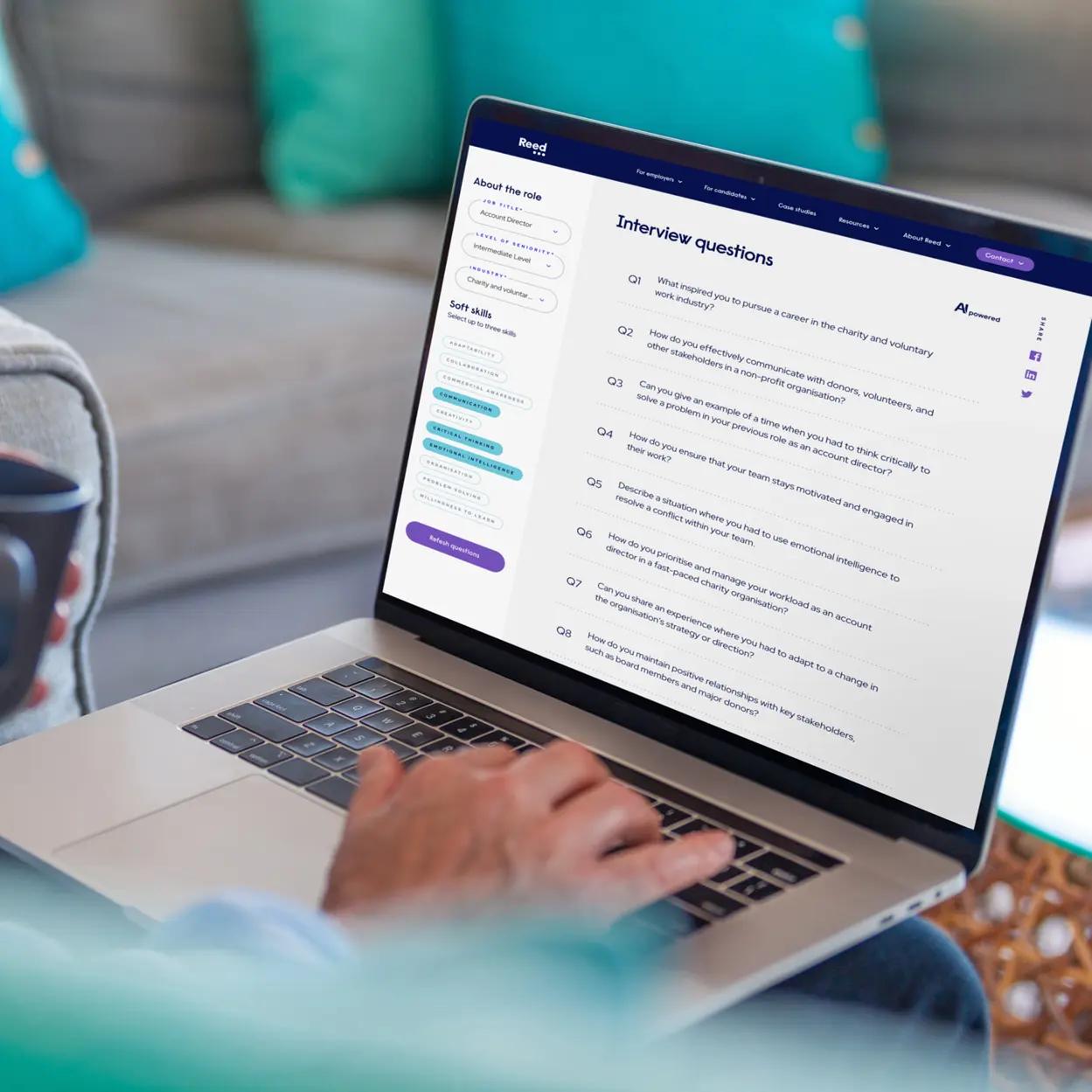Why is CPD important?
There is much variety when it comes to activities that can be classed as Continuing Professional Development (CPD), from traditional school training days, to e-learning.
Teachers in the UK are generally required to complete 30 hours of CPD per year, supported by your employer and any professional body you are a member of.
Staying up to date with CPD gives teachers the chance to reinforce existing skills, as well as learning new ones that may not have been covered in initial teacher training (ITT).
CPD examples:
The key to effective CPD is to record and review each activity, logging your reflections and thoughts on how you would use it to make a positive impact on your learners and colleagues.
Although some traditional CPD experiences are not currently available (such as work shadowing or attending exhibitions and conferences), there are still a great number of activities available. Here are some mediums you can use to enhance your teaching knowledge while working at home:
Online and e-learning courses
These give you the flexibility to pick up the course as and when you have time. Be sure to research how long the course is, what it will cover and if you gain any qualifications from it.
Reed Education has a whole portfolio of free online CPD courses available, including modules on online safeguarding, safeguarding in schools, safeguarding in colleges and further education, preventing radicalisation, plus many more. If you are interested in any of these modules, contact your local Reed office to receive your link.
Webinars
Typically delivered live, webinars allow you to post comments, ask questions or even vote in polls as you learn from a trainer. They are perfect if you prefer to interact with people directly. Webinar hosts will often send registrants a recorded replay, so you can re-watch if you want to take more notes on a specific section.
Podcasts
Many podcasts are free to listen to and cover the latest teaching research or knowledge on specialised subjects.
Some popular podcasting channels to start with are The Edtech Podcast, Pivotal Podcast, The Learning Scientists Podcast, The Mr. Barton Maths Podcast and The LKMco Youth and Education Podcast. The examination body AQA has its own podcast called Inside Exams.
Read books, articles or blogs
If you are looking for new material, following hashtags such as #UKedchat on Twitter can be a great way to stumble across popular or new education research papers, blogs and websites.
Mentoring/coaching
Now is a great time to get in contact with new colleagues or Newly Qualified Teachers (NQTs) and set up a mentoring programme to offer your expert advice.
Qualifications
Gain further qualifications in your subject, or industry expertise through accredited courses. Now is a great time to start researching courses for next year, or start taking them today if based online.
Virtual reality or simulation training
Allows teachers to interact with pupils in real-time. You can practice areas that you might be struggling with, until you feel more comfortable dealing with these situations in the classroom
Now is a great time to consider the areas you want to develop in your teaching. What are your strengths and weaknesses? What are you not up-to-date on? Remember, for CPD to be effective, it should be:
Evidence-based – based on the latest and most important research
Practical and relevant – findings should mean something to you and how you teach
Affordable – cost-effectiveness is vital.
Enjoyable – it should not just be a ’box-ticking’ exercise, but should be relevant and personalised to what you enjoy
Are you a current teacher looking for your next role, or are looking to recruit? If so, contact your local Reed office today.




